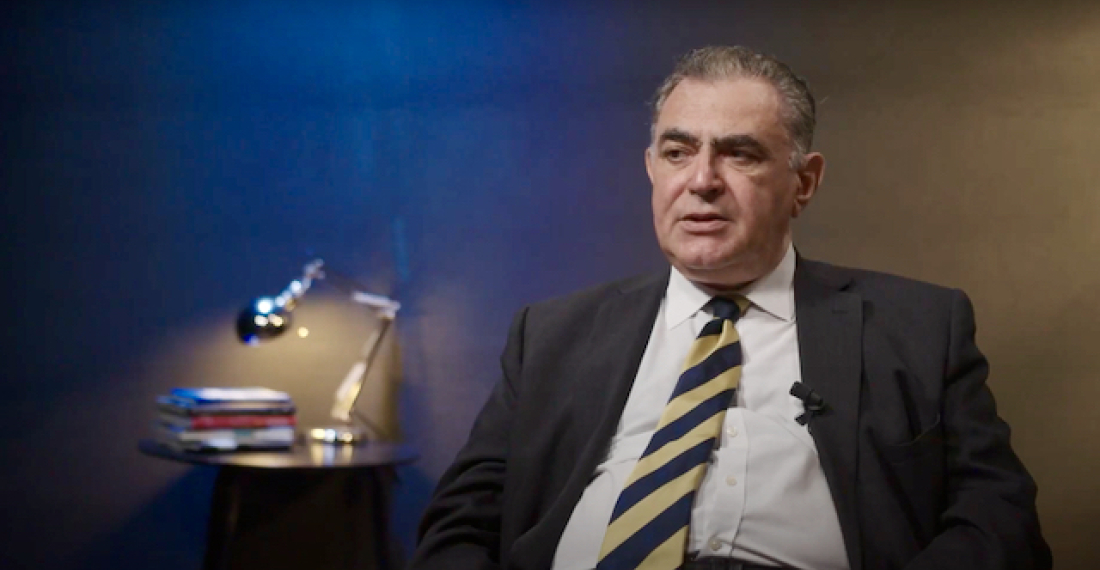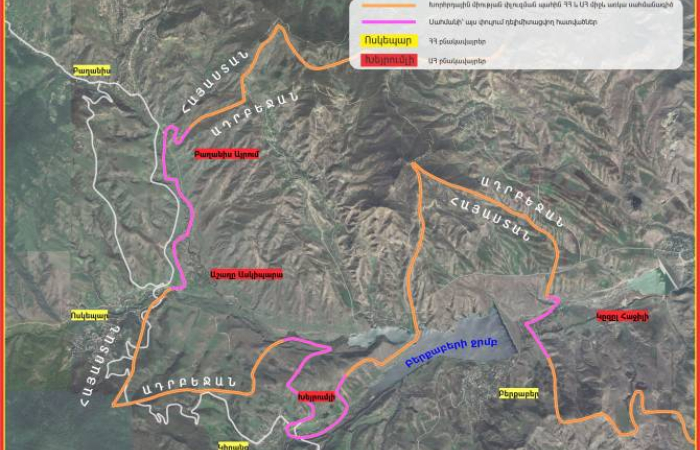LINKS Europe is pleased to announce that it is releasing six video diaries, recorded by its Director, Dennis Sammut, in which he reflects on his more than three decades of work in the countries of the former Soviet Union. The six video diaries are available on YouTube:
Episode 1: Russia - The Inelegant end of an empire
Episode 2: Chechnya - A distant war that defined post-Soviet Russia
Episode 3: Georgia - The five persons who defined post-Soviet Georgia
Episode 4: Georgia - Quo Vadis Sakartvelo
Episode 5: Armenia and Azerbaijan - Can enemies become friends?
Episode 6: Central Asia, Belarus, Moldova, and Ukraine - What does the future hold?
Dennis Sammut said in a comment: “I decided to make these video diaries when the Ukraine War started in February 2022. I realised that many where trying to understand what was going on, without knowing and appreciating the background and the context. Especially outside Europe, many saw the war from a cold war prism – a fight between Russia and the West – failing to understand that it was in fact a continuation of Russia’s ambition to reassert its domination on neighbouring countries that had, until 1991, been part of the USSR. This Russian imperial ambition has been one of the main causes that sometimes triggered, but inevitably always fuelled, the many conflicts that have riddled the post-Soviet space since the dissolution of the Soviet Union. Since 1992 I have travelled extensively in this vast territory and been involved in many of the processes and efforts aimed at bringing peace to the people of this region. These diaries offer some personal observations and reflections. They do not claim to be scholarly nor comprehensive, since they are largely episodical. They are however honest first-hand observations, which try to capture the mood amongst both the leaders and the common people, and are meant to inspire others, especially young people, to understand better, and study more, the region and its people. It is not essential that viewers agree with all my views – what is important is that these video diaries instil in them an interest to understand better, and know more. They can then draw their own conclusions.”
Background information
Dr Dennis Sammut is the Director of LINKS Europe Foundation and Managing Editor of the webportal commonspace.eu and of the Concise newsletters series. He founded the LINKS network in London in 1997 and has since then dedicated most of his time to supporting initiatives that promote peace in Europe’s neighbourhood. He was educated at the London School of Economics and at Oxford University from where he received a doctorate in history in 2015. He writes regularly on issues related to peace and security in Europe and its neighbouring regions, including the Caucasus, the Gulf region and Central Asia.
LINKS Europe Foundation, The Hague
LINKS Europe is an independent foundation based in The Hague in the Netherlands. The foundation is actively engaged in projects promoting the peaceful resolution of conflicts in areas in Europe’s neighbourhood, and the in research, analysis and dissemination of issues related to European and global peace and security.






